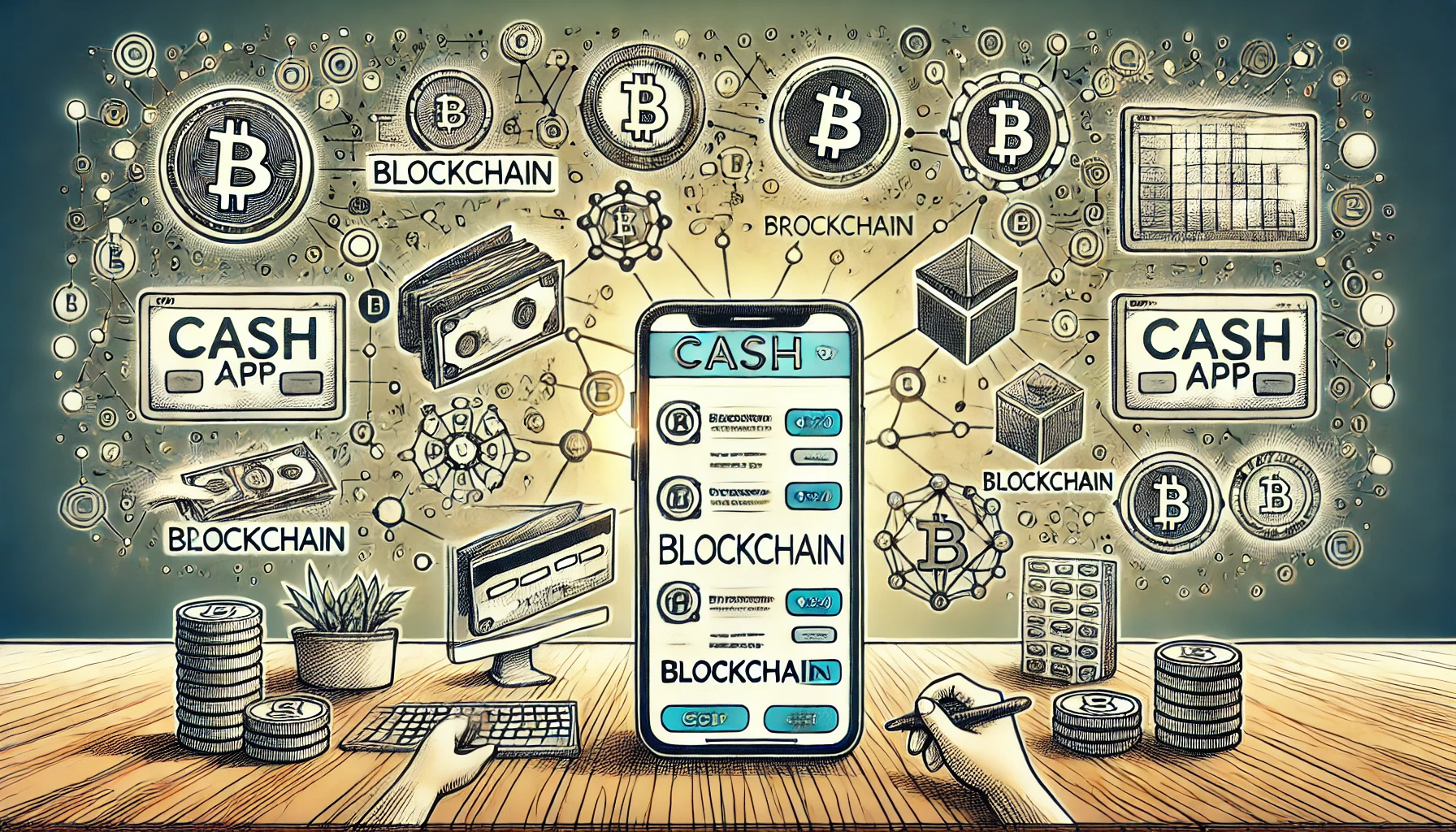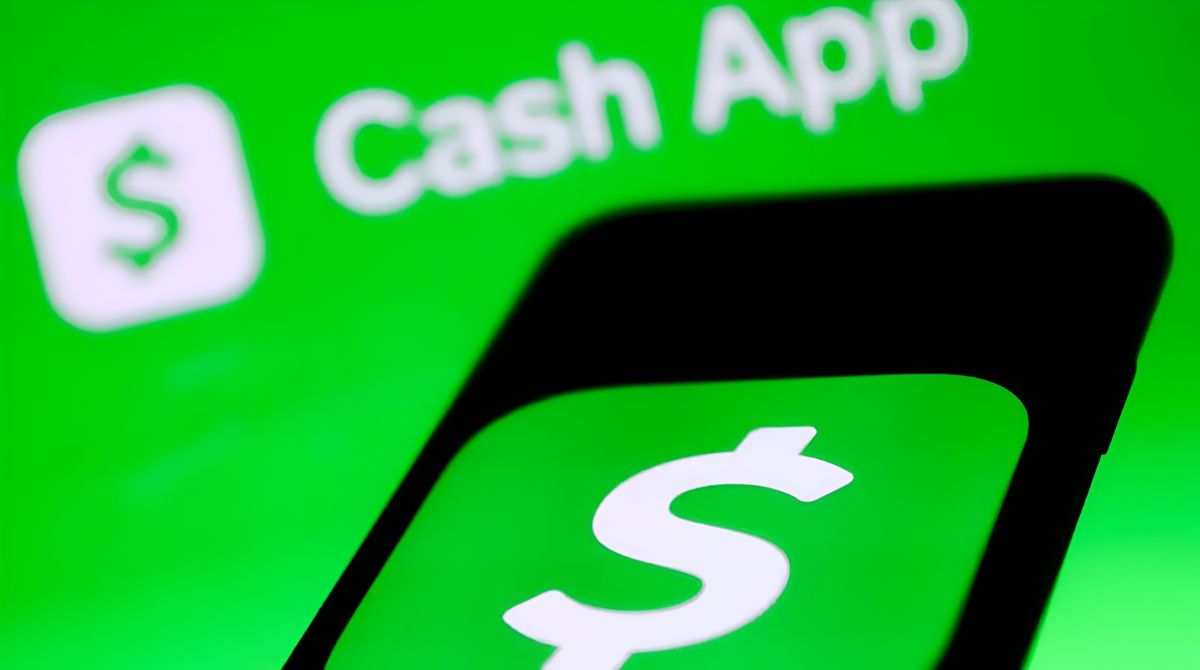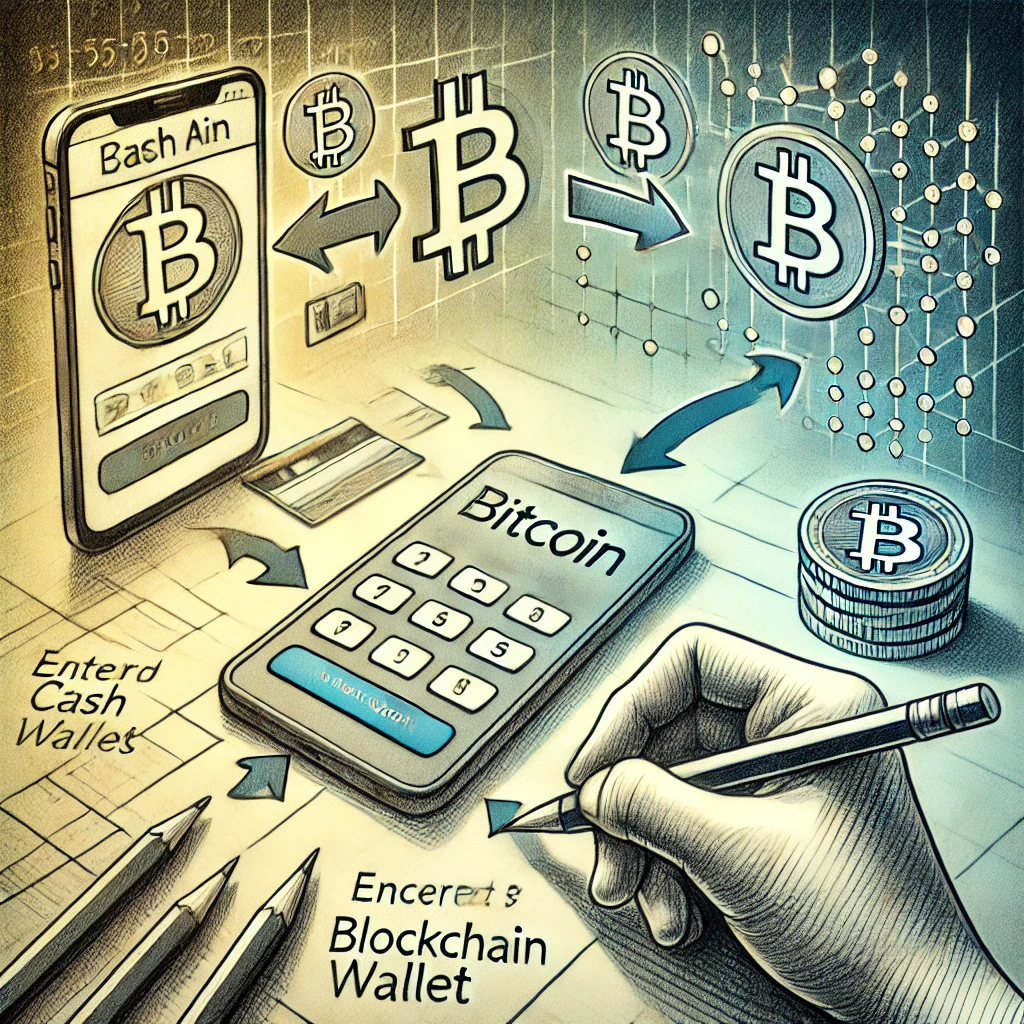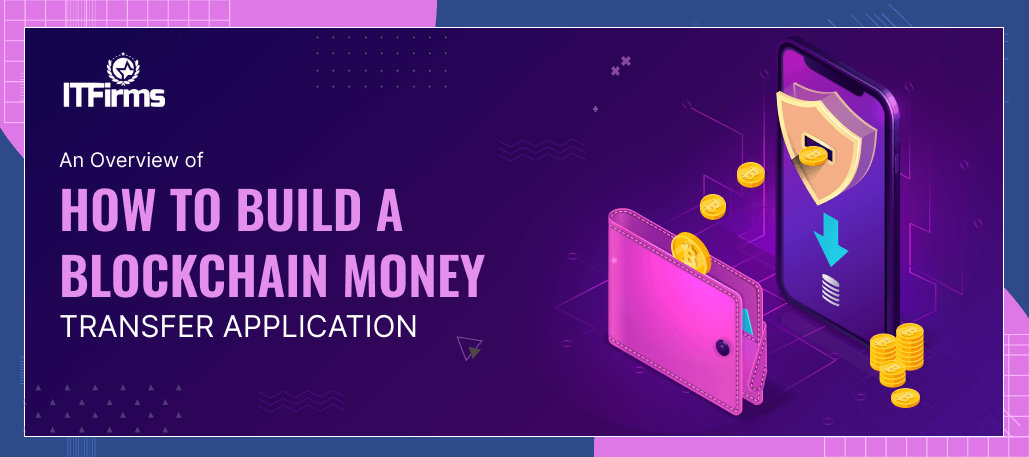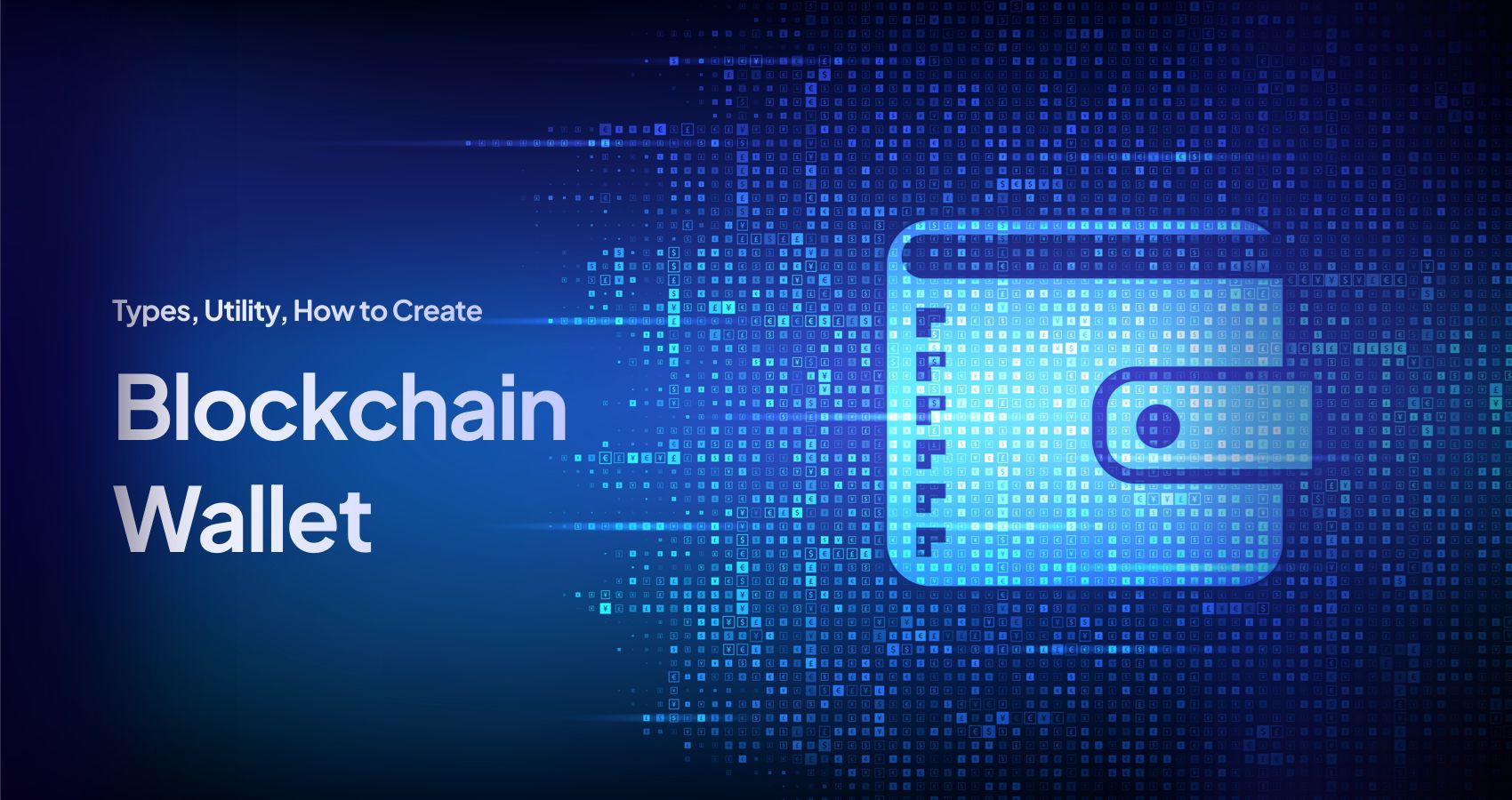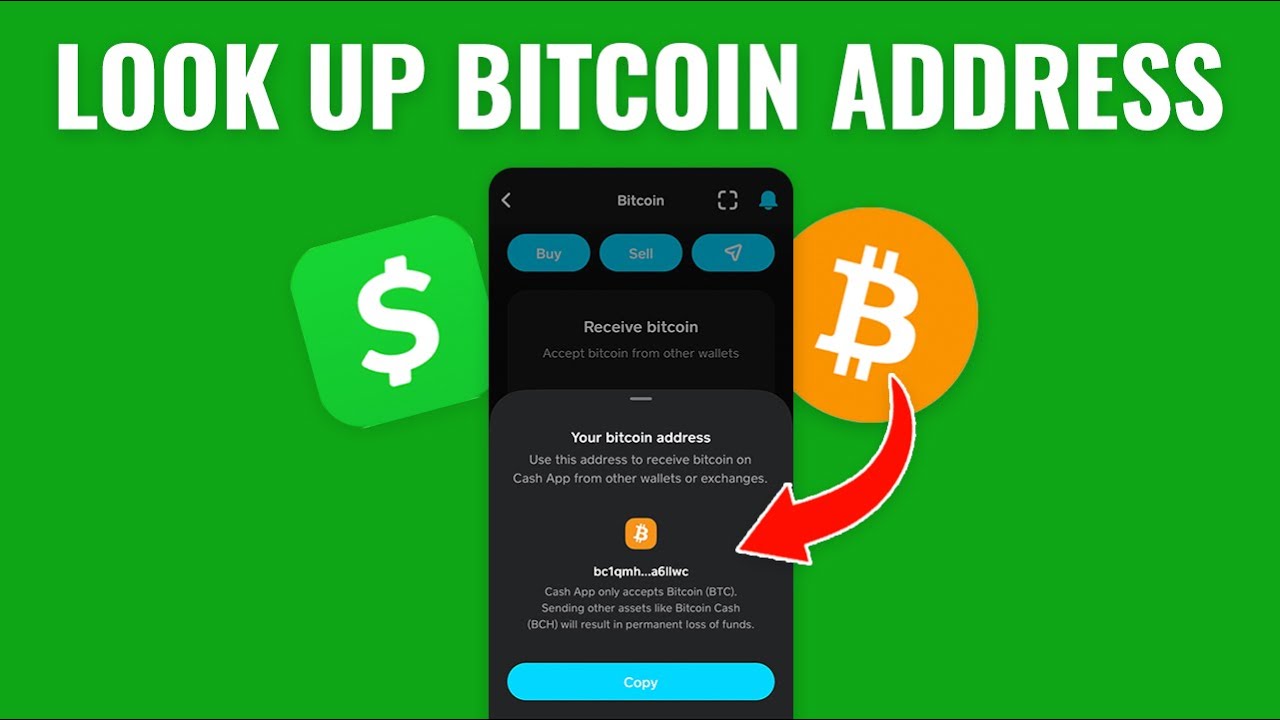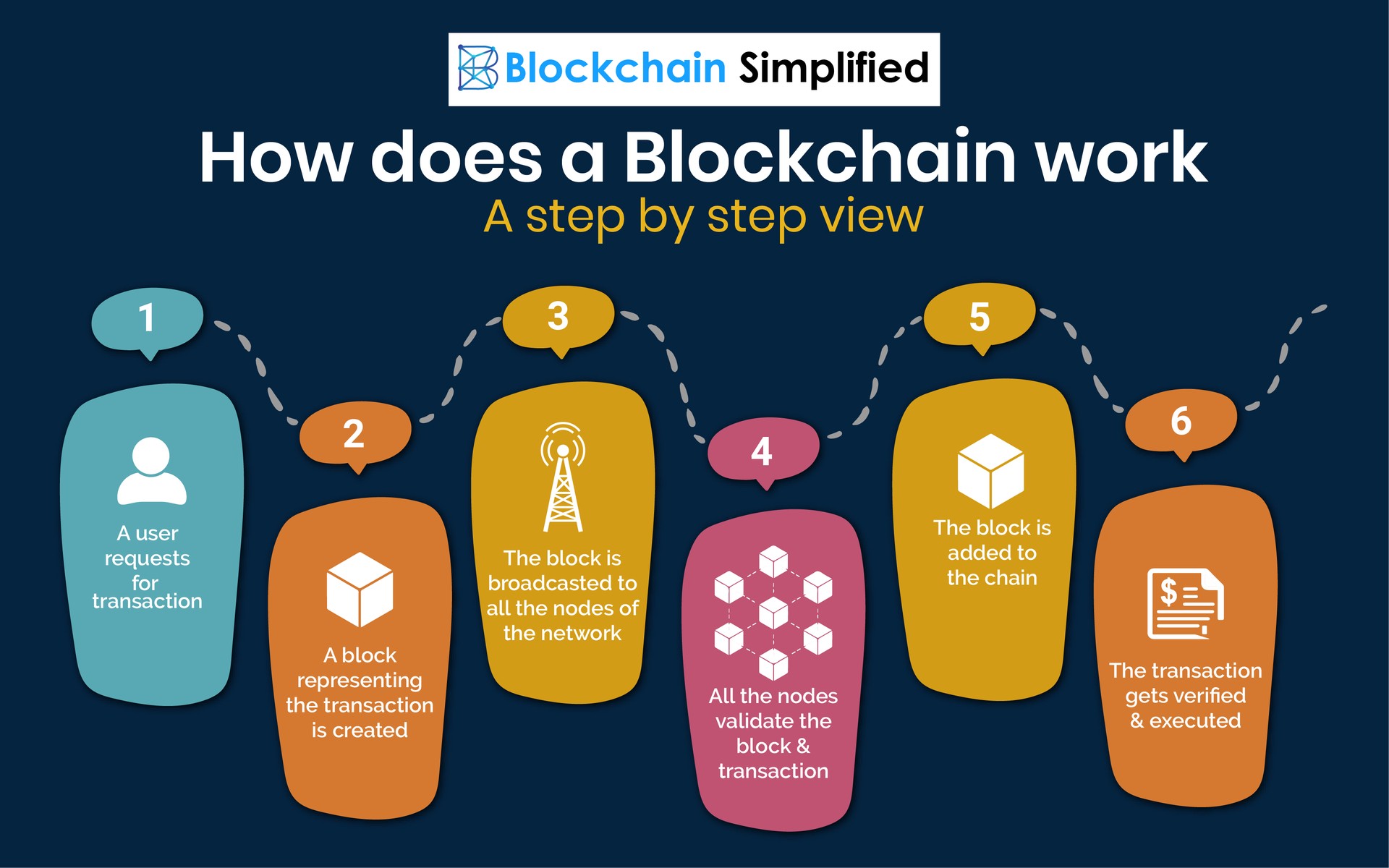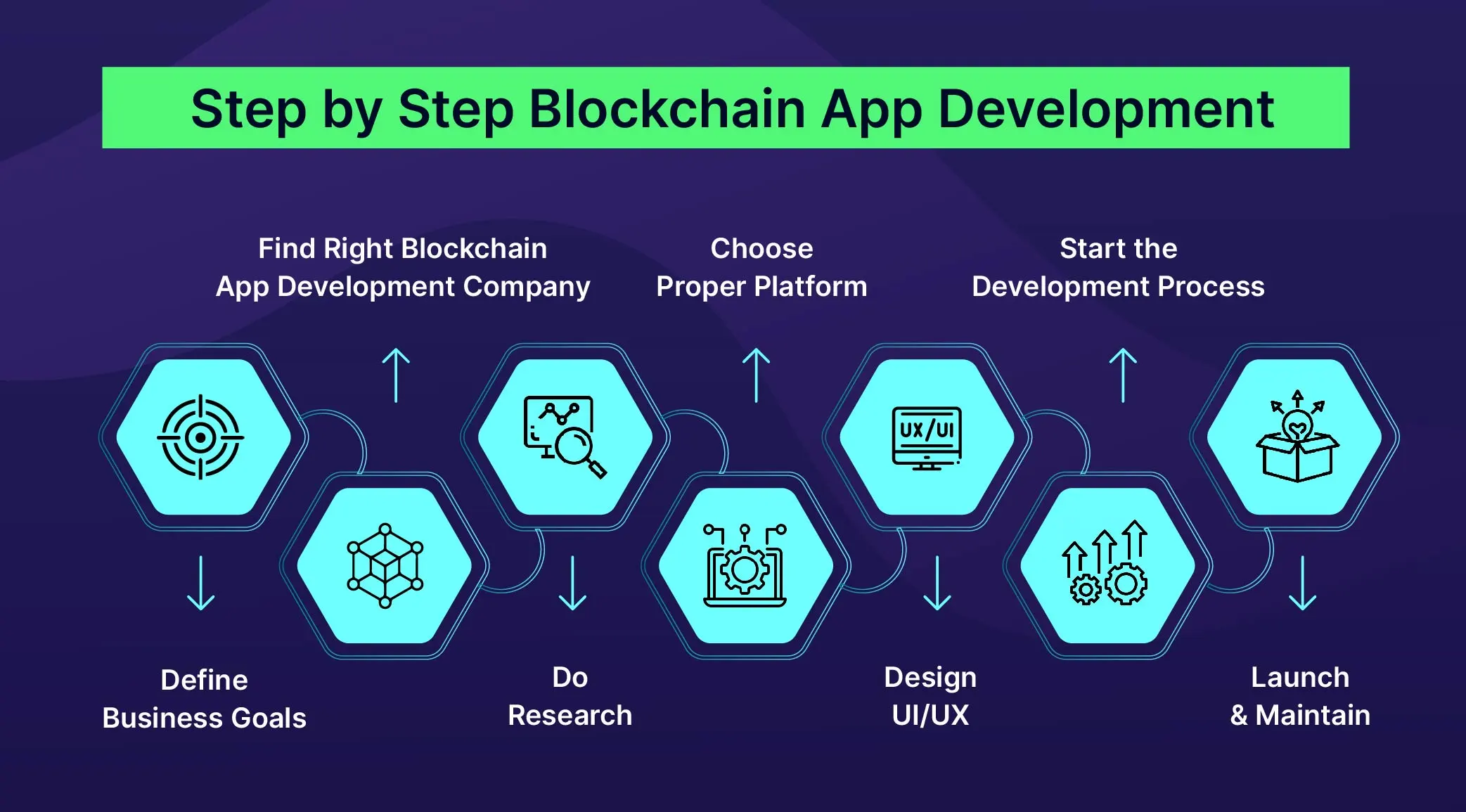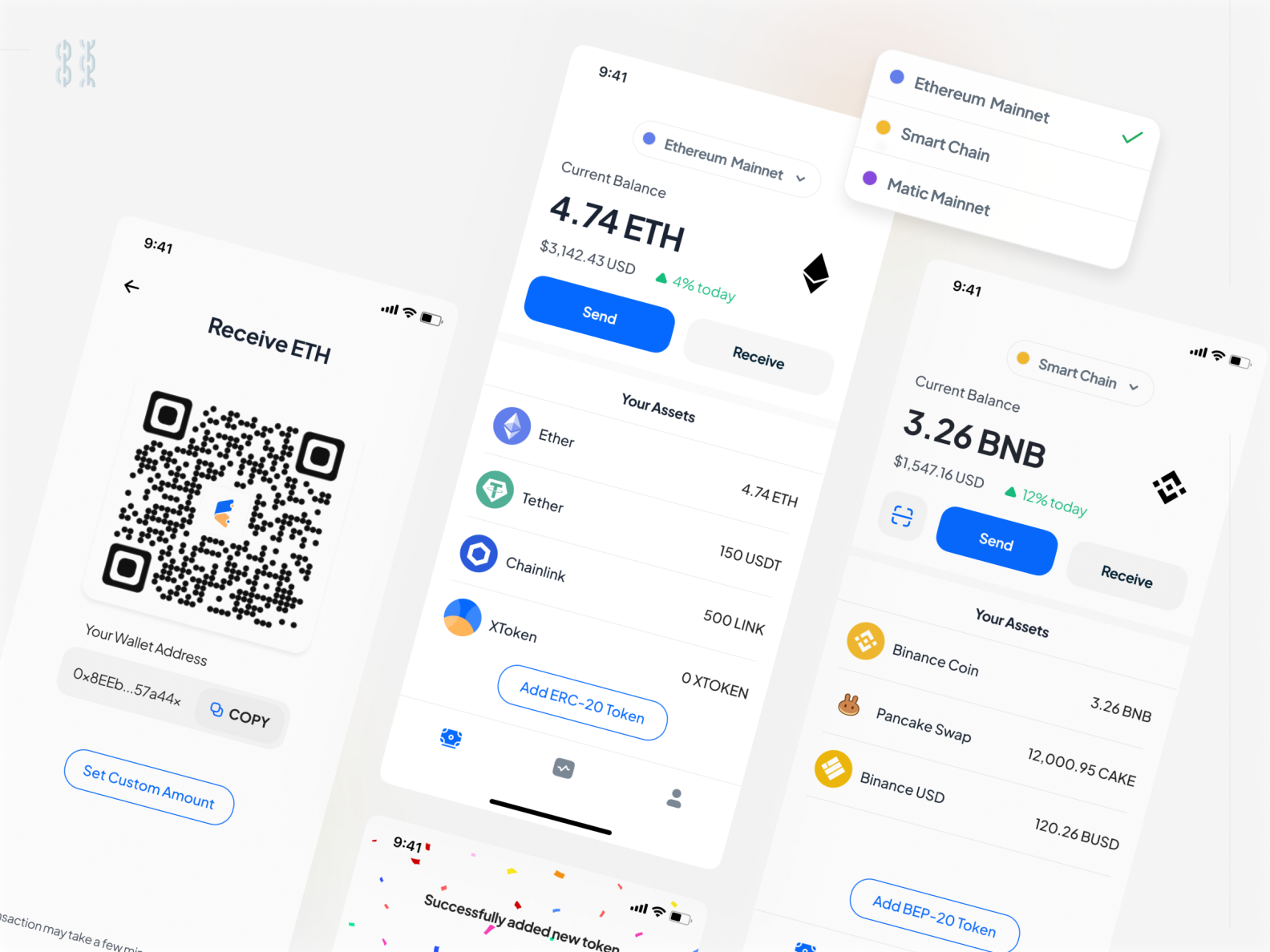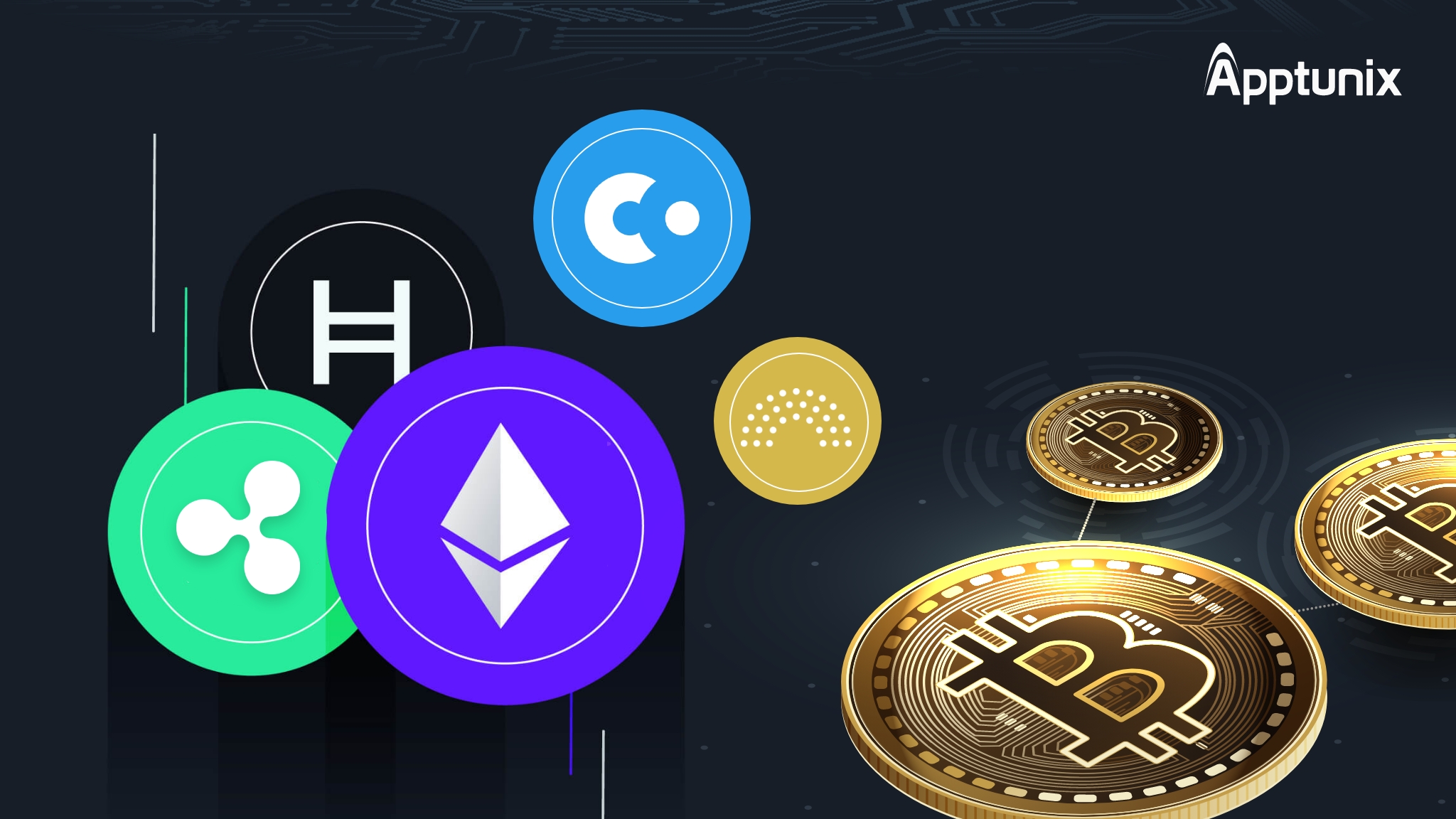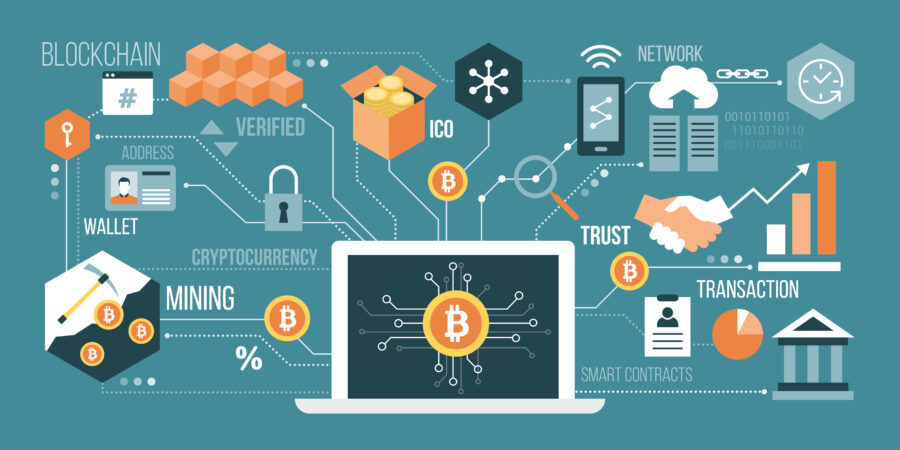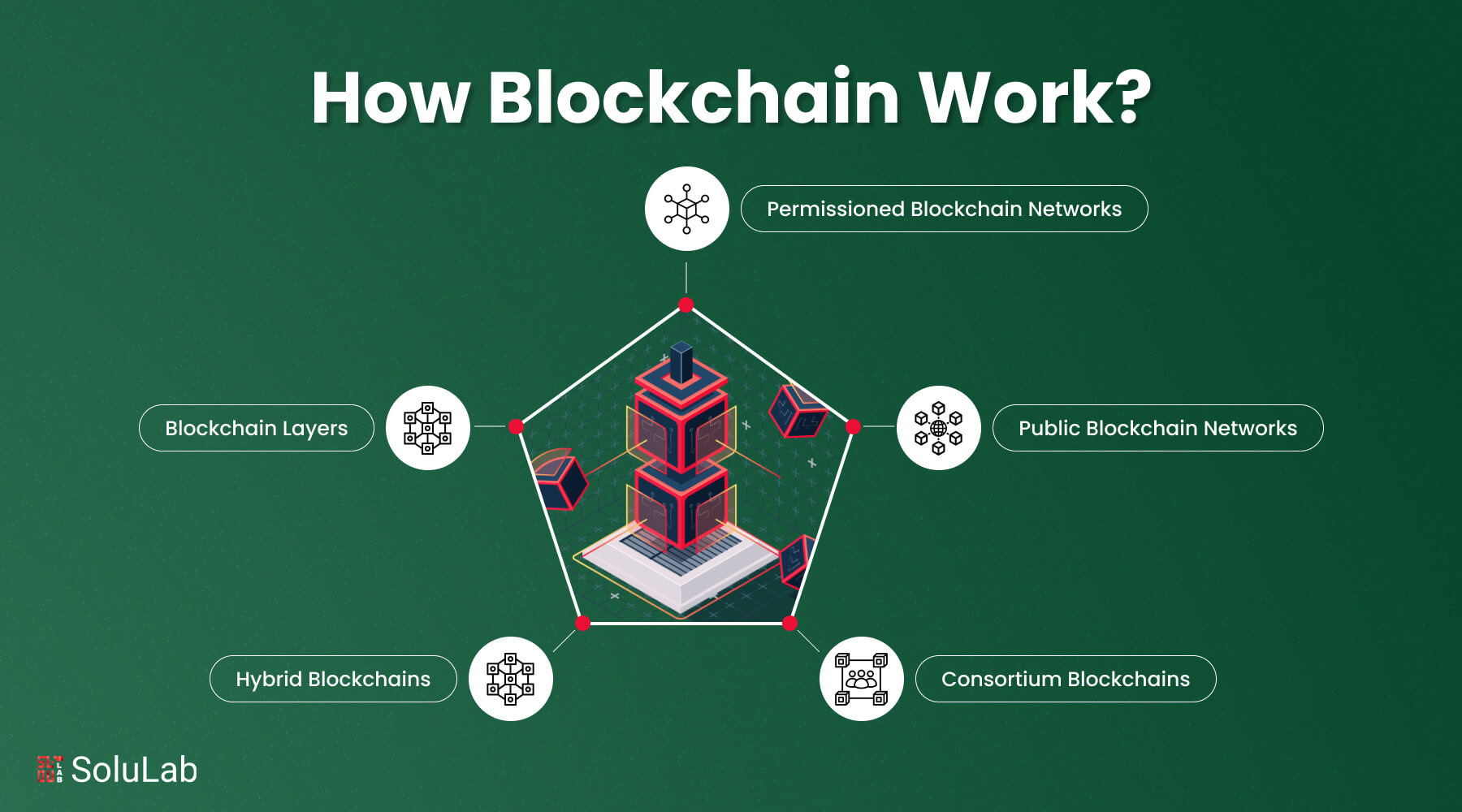What Is Blockchain On Cash App

Imagine a world where every financial transaction you make is not only secure but also transparent, verifiable, and instantly accessible. The scent of possibility hangs heavy in the air as technology continues to revolutionize how we handle money. Now, consider the popular mobile payment app, Cash App, stepping into this very realm, integrating blockchain technology to bring this vision closer to reality.
This article delves into what blockchain on Cash App means for users, exploring the innovative features it unlocks, the security it provides, and the potential impact it has on the future of finance. It’s about more than just technology; it’s about democratizing access to financial tools and empowering individuals with greater control over their assets.
Understanding Blockchain Fundamentals
At its core, blockchain is a distributed, immutable ledger. This means that instead of being stored in a single location, the data is spread across a network of computers, making it incredibly difficult to tamper with or hack. Every transaction is grouped into a "block," which is then linked to the previous block, forming a "chain" – hence the name blockchain.
The beauty of this system lies in its transparency. All participants on the network can view the transaction history, ensuring accountability and reducing the risk of fraud. This transparency, combined with robust cryptographic security, makes blockchain a powerful tool for various applications, including cryptocurrencies and secure data management.
Cash App's Foray into Crypto
Cash App, developed by Block, Inc. (formerly Square), has already embraced the world of cryptocurrency. It allows users to buy, sell, and send Bitcoin directly through the app. This move was a significant step towards mainstream adoption of digital currencies.
By integrating blockchain, Cash App offers users a seamless and convenient way to interact with Bitcoin. It simplifies the often-complex process of buying and selling cryptocurrency, making it accessible to a wider audience. The app's user-friendly interface combined with the power of blockchain creates a compelling proposition for those looking to explore the digital asset space.
Specific Blockchain Implementations on Cash App
While Cash App doesn't explicitly advertise "blockchain features" beyond Bitcoin, the very nature of its Bitcoin functionality relies heavily on the underlying blockchain network. Here’s how blockchain comes into play:
Bitcoin Transactions: All Bitcoin transactions conducted through Cash App are recorded on the Bitcoin blockchain. This ensures that every transaction is verifiable and tamper-proof.
Security: The cryptographic security of the blockchain protects users' Bitcoin holdings from unauthorized access. Private keys, essential for accessing and spending Bitcoin, are securely stored within the app.
Transparency: Users can view the transaction history of their Bitcoin holdings on Cash App, providing a clear and auditable record of their activity. This transparency promotes trust and accountability.
Lightning Network Integration (Potential)
While not currently implemented, there's potential for Cash App to integrate the Lightning Network. This is a layer-2 scaling solution built on top of the Bitcoin blockchain.
The Lightning Network enables faster and cheaper Bitcoin transactions by creating payment channels between users. Integrating this could significantly enhance the user experience on Cash App, making Bitcoin transactions more practical for everyday use.
By leveraging this technology, Cash App could solidify its position as a leader in mobile payments and cryptocurrency accessibility.
Benefits for Cash App Users
The integration of blockchain technology offers several key benefits for Cash App users:
Enhanced Security: Blockchain's robust cryptographic security protects users' assets from fraud and theft. This provides peace of mind and fosters greater trust in the platform.
Increased Transparency: Users have greater visibility into their transaction history, promoting accountability and reducing the risk of errors. This level of transparency is often lacking in traditional financial systems.
Faster Transactions: While Bitcoin transactions can sometimes be slow, future integrations like the Lightning Network could significantly speed up transaction times. This would make Bitcoin more practical for everyday payments.
Addressing Concerns and Challenges
Despite the numerous benefits, there are also challenges associated with integrating blockchain technology.
Volatility: The price of Bitcoin can be highly volatile, which can be a concern for users holding Bitcoin on Cash App. Education and risk management strategies are crucial for mitigating this risk.
Scalability: The Bitcoin blockchain can sometimes experience congestion, leading to slower transaction times and higher fees. Solutions like the Lightning Network are being developed to address this issue.
Regulatory Uncertainty: The regulatory landscape surrounding cryptocurrencies is still evolving, which can create uncertainty for both users and businesses. Clear and consistent regulations are needed to foster innovation and protect consumers.
The Future of Blockchain on Cash App
The future of blockchain on Cash App is bright, with significant potential for further innovation and integration. As the technology matures and becomes more widely adopted, we can expect to see even more creative applications emerge.
Jack Dorsey, the former CEO of Block, Inc., has been a vocal advocate for Bitcoin and blockchain technology. His vision for a decentralized future is likely to continue shaping the direction of Cash App.
The company’s commitment to innovation suggests that they will continue to explore new ways to leverage blockchain to enhance the user experience and democratize access to financial services. This forward-thinking approach could pave the way for other mobile payment platforms to follow suit.
Potential Future Developments
Beyond Bitcoin, Cash App could explore other applications of blockchain technology. This could include:
Tokenized Assets: Allowing users to buy, sell, and trade tokenized assets, such as stocks or real estate, directly through the app.
Decentralized Finance (DeFi): Integrating DeFi protocols to offer users access to lending, borrowing, and other financial services without intermediaries.
Secure Identity Management: Using blockchain to create a secure and verifiable digital identity for users, enhancing security and privacy.
These developments could transform Cash App into a comprehensive financial platform, empowering users with greater control over their financial lives. Imagine a future where you can seamlessly manage all your assets, from traditional currencies to digital tokens, all within a single, secure app.
Conclusion: A Step Towards Financial Empowerment
Cash App's integration of blockchain technology, primarily through its Bitcoin functionality, represents a significant step towards financial empowerment. By providing users with access to a secure and transparent platform for managing digital assets, Cash App is helping to democratize access to finance and promote greater financial inclusion.
While challenges remain, the potential benefits of blockchain technology are undeniable. As Cash App continues to innovate and explore new applications, it is likely to play an increasingly important role in shaping the future of finance. The journey has just begun, and the possibilities are truly exciting. It's about empowering individuals and building a more inclusive and accessible financial future for all.
Ultimately, the integration of blockchain into platforms like Cash App is not just about technology; it's about building a more equitable and transparent financial system. It’s about putting the power back in the hands of the individual.
